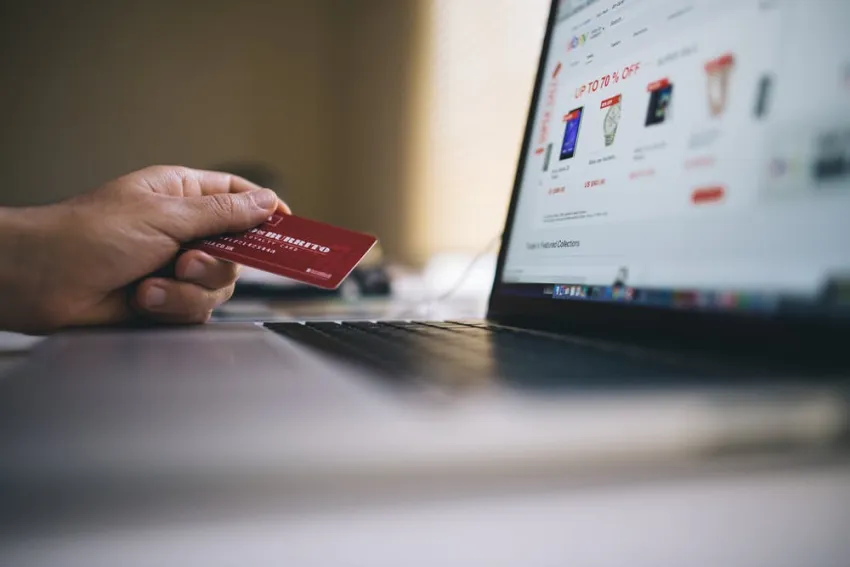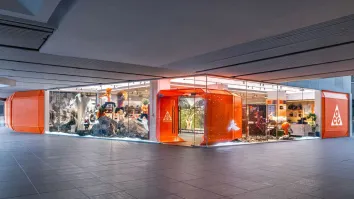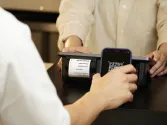
Weekly News Wrap: Online shopping week launched in Indonesia; Singapore-based SCI Ecommerce targets Nasdaq IPO
And Adidas recorded a sales surge in China despite boycotts.
From Bloomberg:
Indonesia has tried all kinds of tricks in the book to revive sluggish consumer spending, from tax-free cars to cashbacks, to little result. Now it’s turning up the hype on online shopping.
More than 70 e-commerce platforms—including Tokopedia, Lazada Group, and Shopee—are taking part in the “national shopping week” launched with President Joko Widodo coming onto a televised program to promote it, whilst local celebrities sang a jingle to get people to buy products from batik fabrics to “semprong” biscuits.
Jokowi expects the festival, which will run until May 13, to encourage Indonesians to still buy food, clothes and presents during one of the nation’s busiest shopping weeks ahead of Eid al-Fitr celebration, despite restrictions on travel and gatherings.
Indonesia may be hoping to replicate the success of online shopping campaigns elsewhere, like Cyber Monday in the U.S. or Singles’ Day in China, started by major retailers before morphing into nationwide consumption free-for-alls.
Read more here.
From Bloomberg:
SCI Ecommerce, the online shopping service provider backed by two of Alibaba’s earliest employees, has raised more than $38m (S$50m) to expand in Southeast Asia ahead of a potential Nasdaq listing.
Asia Partners led the new funding round, which valued the seven-year-old startup at $235m, a person familiar with the matter said. Armed with an aggressive expansion strategy in Southeast Asia, the startup is planning to pursue a primary listing in New York as early as the end of this year with a target market valuation of $1b, CEO Joseph Liu said in an interview over Zoom.
The company, which last year obtained in-principle approval to list in Singapore, will consider a potential secondary listing in the city’s stock exchange, he added.
The startup, which was founded in 2014, plans to use the capital to set up local teams in Malaysia, Thailand and the Philippines and hire at least 100 people across Southeast Asia and China in the next 12 months, adding to its near 200-strong workforce.
Read more here.
From CNBC:
Adidas is more confident about sales this year as it notes stronger-than-expected demand for its products across the world, despite a boycott by consumers in China.
The company said sales in China grew by 156% over Q1. This came despite a boycott by some mainland Chinese consumers of international brands that have taken a stand against the treatment of one of China’s ethnic minorities in the Xinjiang region, where many cotton plantations are found.
In March, Canada, the U.K, and the U.S. issued a joint statement expressing “deep and ongoing concern” about forced labor, mass detention in internment camps and other abuses committed against the Uyghurs in Xinjiang. Meanwhile, China’s foreign ministry characterized such claims as “malicious lies” designed to “smear China” and “frustrate China’s development.”
Read more here.



















 Advertise
Advertise






